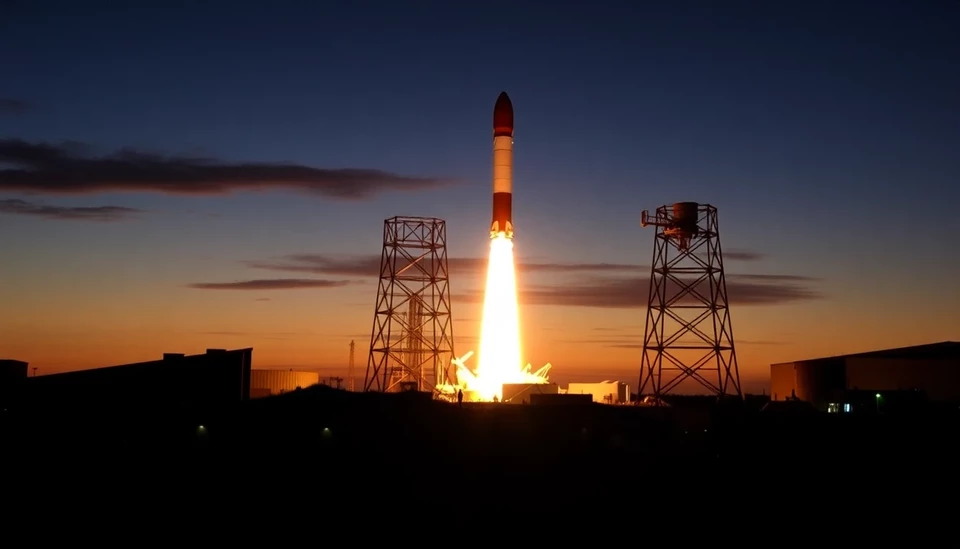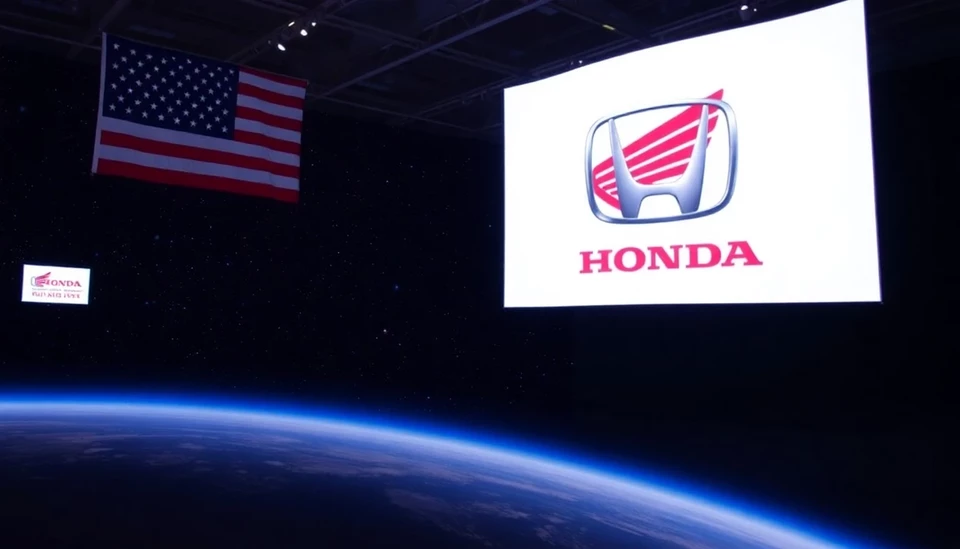
In a significant policy shift aimed at energizing the domestic space industry, the U.S. government has announced the easing of certain export restrictions related to space technologies. This move is expected to enhance competitiveness and foster innovation within the burgeoning sector. The decision was made by the Bureau of Industry and Security (BIS), which operates under the auspices of the Department of Commerce.
The updated regulations will involve modifications to the Export Administration Regulations (EAR), particularly concerning technologies associated with satellite communications and other space-related applications. The BIS has determined that relaxing these restrictions will provide U.S. companies with the latitude needed to collaborate more effectively with international partners and to streamline their operations in the competitive global market.
These changes are part of a broader strategy to ensure that American businesses not only thrive in domestic markets but also secure a more substantial foothold in the international arena. By fostering partnerships and alliances abroad, U.S. firms can leverage shared resources and expertise, ultimately driving innovation and growth in the space sector.
The decision to ease export controls arrives at a crucial time as the space industry continues to expand rapidly, with increased participation from both private sector players and governmental space agencies. Companies ranging from established giants to startups are actively developing cutting-edge technologies and capabilities that are integral to space exploration, satellite communications, and beyond.
Industry experts have largely welcomed the initiative, stating that it represents a necessary adaptation to the evolving landscape of global space activities. The adjustment will potentially lower barriers for companies seeking to engage with foreign partners, which can lead to enhanced research, development programs, and the establishment of new markets for innovative technologies.
Moreover, this regulatory shift aligns with the U.S. government's long-term goal of solidifying its leadership in space-related endeavors. The administration has been keen on maintaining a competitive edge over other nations that are rapidly advancing in their space capabilities.
As a part of the ongoing evaluation of export controls, the BIS is also expected to conduct future reviews to assess the continuing effectiveness of these regulations in promoting U.S. interests while safeguarding national security. Balancing these considerations will be crucial as the industry looks to navigate the complexities of international collaboration in the high-stakes world of space technology.
In conclusion, the recent changes to export restrictions mark a pivotal development for the U.S. space industry, potentially paving the way for new opportunities and partnerships that could redefine the global landscape of space exploration and technology.
#SpaceIndustry #USExports #Innovation #SatelliteTechnology #SpaceExploration #NationalSecurity
Author: John Harris




